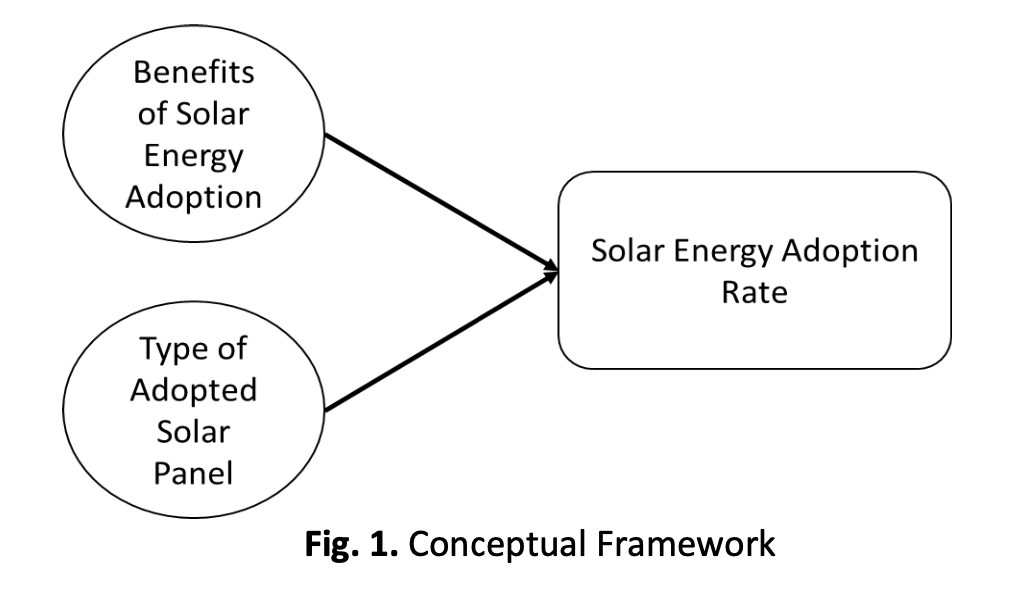Sustainable Development in Renewable Energy: Management of Solar Energy Application in Malaysia
DOI:
https://doi.org/10.37934/araset.43.1.116Keywords:
Sustainable development, Renewable energy, Solar energy, Solar panel, TechnologyAbstract
The purpose of this study is to explore the factors and benefits that can encourage the building management team to adopt the solar energy usage in Malaysia. Solar energy has been long introduced to the industry as a practical renewable technology, but the adoption rate is still low in Malaysia due to the dependence on oil and fossil fuels. Thus, costs and benefits of solar energy application and the best solar panels to be used in Malaysia have been explored for practitioners’ reference to improve the adoption rate. Mixed method was adopted in this study. First, quantitative method was adopted where 200 sets of online questionnaire survey were distributed to the public to collect the information about the solar energy application. Next, a semi-structured interview was carried out to further investigate the reliability of collected data. Based on the findings of the questionnaires, the most significant benefits of solar energy are renewable and clean source of energy, eco-friendly, and cost saving. The results indicated that Mono-crystalline silicon cell is the most popular type of solar panel that widely used in Malaysia. However, the adoption of solar energy is low due to the high initial cost and insufficient knowledge and awareness among citizens. Through the results of this study, the adoption of solar energy can be doubled in future as the results reveal the factors and benefits that could help the policy makers to utilize the implementation of solar energy in residential buildings that massively consuming the energy in daily basis.
Downloads





























